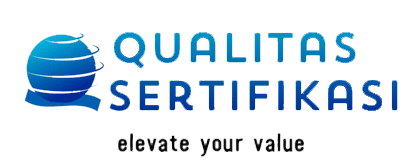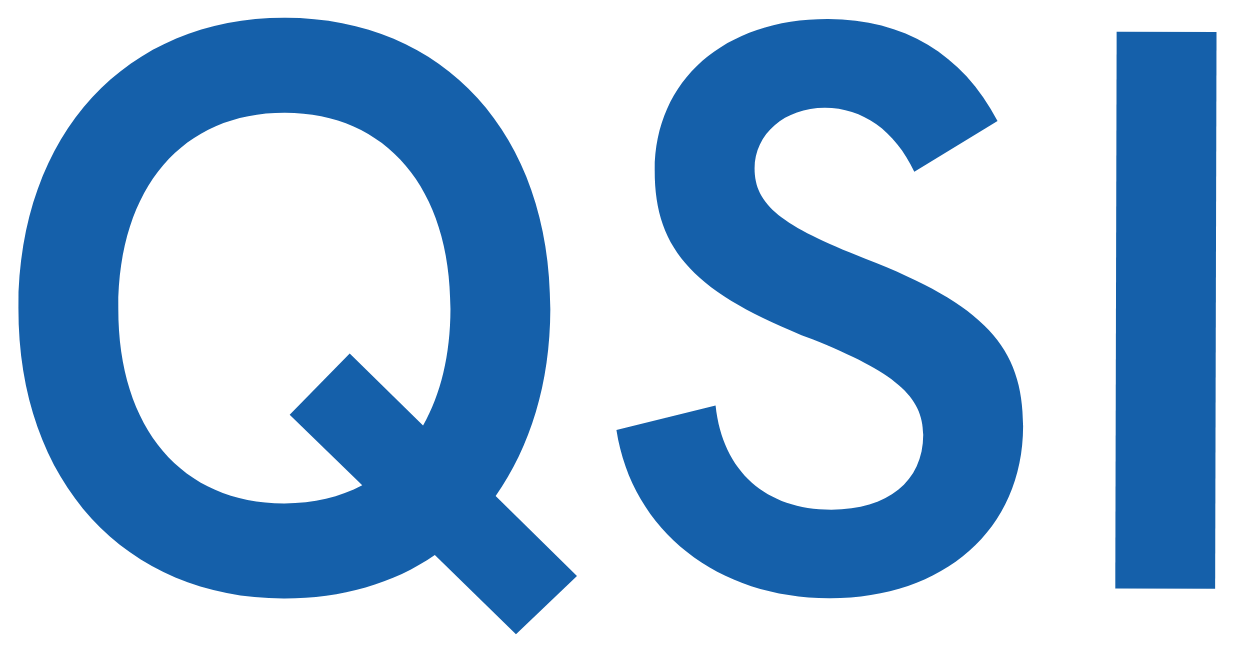PCX Solutions
Standard Overview
Plastic Pollution Reduction Standard (PPRS) from PCX Solutions verifies projects dedicated to the recovery and diversion of post-consumer plastic waste while issuing plastic credits as part of the initiative. To ensure true environmental impact, each project must demonstrate additionality, which are a genuine reduction in plastic waste and meet strict compliance requirements.
PPRS is also focused on worker safety and fairness within waste management projects, mandating protections around health and safety, gender equality, and social inclusion. Every project’s standards are validated by third-party auditors.
Standard Owner
PCX Solutions is a non profit organization headquartered in Manila, Philippines. They work with governments around the world on Extended Producer Responsibility (EPR) schemes:
- Helps companies understand their plastic footprint;
- Implement reduction strategies and comply with existing and upcoming legislation;
- Manages a fully transparent, third-party audited Plastic Pollution Reduction Standard (PPRS);
to ensure the impact and responsibility of plastic waste projects, channeling funding into recycling infrastructure and increasing socio economic benefits for the communities.
For more info, please visit PCX Solutions website.
Certification Scopes
PPRS
Plastic Pollution Reduction Standard (PPRS) is a framework designed by PCX Solutions to certify projects that focus on the collecting, transporting, and processing post-consumer plastic waste, along with issuing plastic credits.
Certification Process
1. Fill the Application Form
Companies must complete and submit the application form with the necessary details
2. Application Review
The submitted application is reviewed to verify completeness and eligibility
3. Complete the Audit Payment
Upon approval of the application, the company proceeds with the required audit payment
4. Plan the Audit
The audit schedule is arranged based on mutual agreement between QSI and the client
5. Conduct the Audit
An audit is performed to assess compliance with the relevant standards
6. Certification Decision
Based on the audit results, QSI decides whether to:
- approve, or;
- reject the certification.
If rejected, companies may follow the appeal procedure
7. Certificate Issuance
If approved, the certification is granted, and the certificate is issued.
Add your title here
This is a paragraph. Writing in paragraphs lets visitors find what they are looking for quickly and easily. Make sure the title suits the content of this text.
1
Interested client contacts PCX Solutions
2
Client fills out the Project Preliminary Information Sheet (PPIS)
3
PCX Solutions evaluates the submitted PPIS and scopes the PPRS
4
Client contacts QSI as the approved VVB for PPRS
8
QSI plans the verification/validation
7
Client completes the verification/validation payment
6
QSI reviews the application form
5
Client fills out the application form
9
Verification/validation report is submitted to PCX Solutions
10
PCX Solutions reviews the verification/validation results
If negative: The client should reach out to PCX Solutions to discuss next steps
If positive: PCX Solutions will issue the certificate
Documents
FAQs
Got a Question?
We are just one message away!
Contact Us







